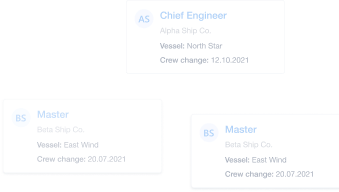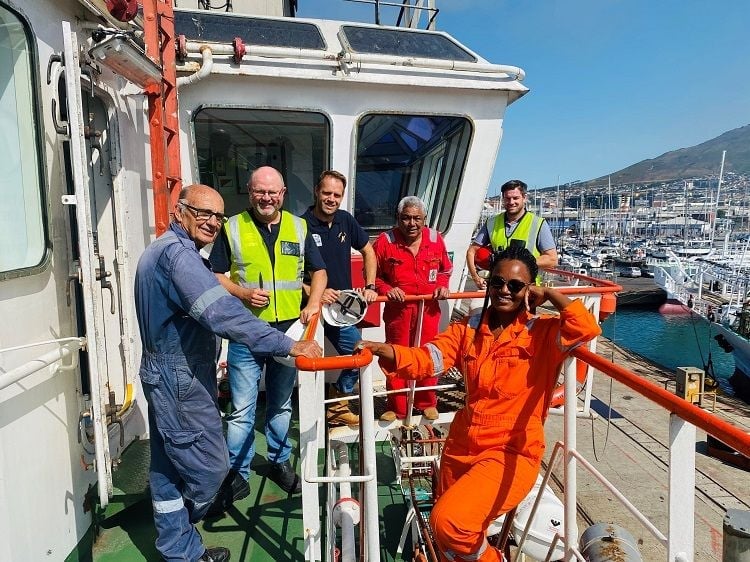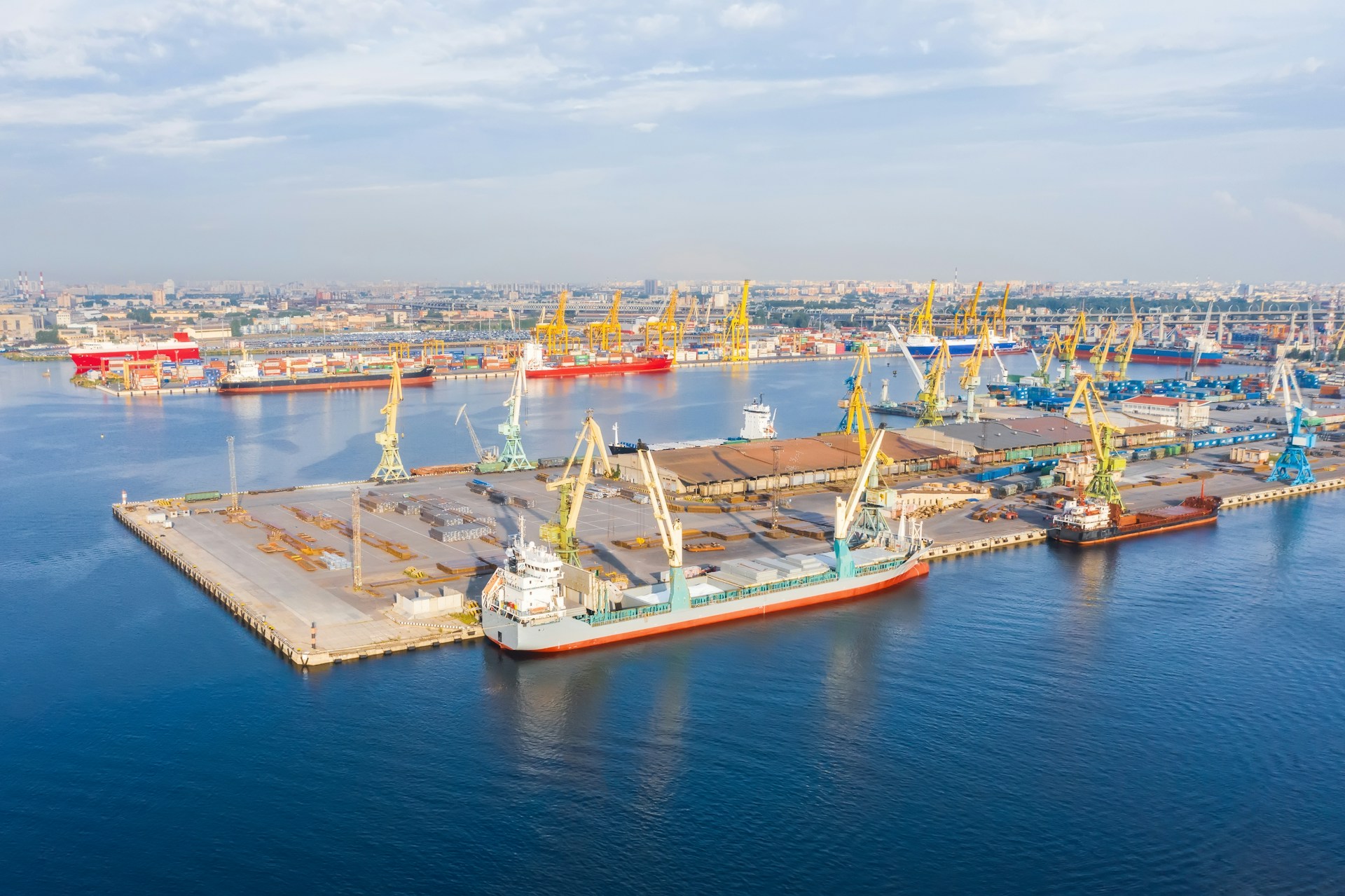Is Digital Disruption in Maritime Changing Seafarer Jobs?

It's no secret that a digital transformation is taking place in the maritime industry - but how is it changing seafarer jobs? Are seamen and women now required to be more technical?
And will the development of smart ships lead to fewer jobs being available and a reduced number of seafarers being needed to crew vessels?
Plus with the maritime industry facing an increasingly number of challenges from rising costs, increasing competition, and environmental pressures, how can companies address these challenges?
Say hello to digital technologies.
What is digital disruption and how can it impact maritime jobs?
When it comes to the question of autonomous shipping, anyone wanting to know the answer to this particular question - or at least one man's take on it - can take a look at a study which was published in 2018, called Seafarers and Digital Disruption.
Written by Professor Dr. Dirk Max Johns, a professor in the Maritime and Logistics Department at the Hamburg School of Business Administration, the report aims to explore "The effect of autonomous ships on the work at sea, the role of seafarers and the shipping industry."
Indeed, Professor Johns offers the point of view that new technologies should be approached as a seamless transformation process, rather than a disruptive one.

One key finding of the study, and something that should enable seamen and their families to breathe a sigh of relief, was that, at the time of writing, there shouldn't be any urgent need to worry about the loss of jobs.
In fact, and as unlikely as it may sound, the opposite could be true and this could even be a golden opportunity for companies in the maritime industry to embrace technology and create new jobs for seafarers with specialist (i.e. more technical) skills.
Professor Johns' study also discusses the legal ramifications and requirements that will need to be considered with regards to seafarers when building and launching autonomous ships.
Are seafarer job descriptions being redefined?
Taking into account the findings of the report, one of the objectives is to discuss the way a seafarer is defined.
The definition of what a seafarers job actually is can be characterized by the era in which he or she is sailing.
As a simple example: part of a seafarer's job would once have been being able to read maps and charts. And while this is still a crucial skill, now it is also important for those in navigational roles to be fully conversant with ECDIS.
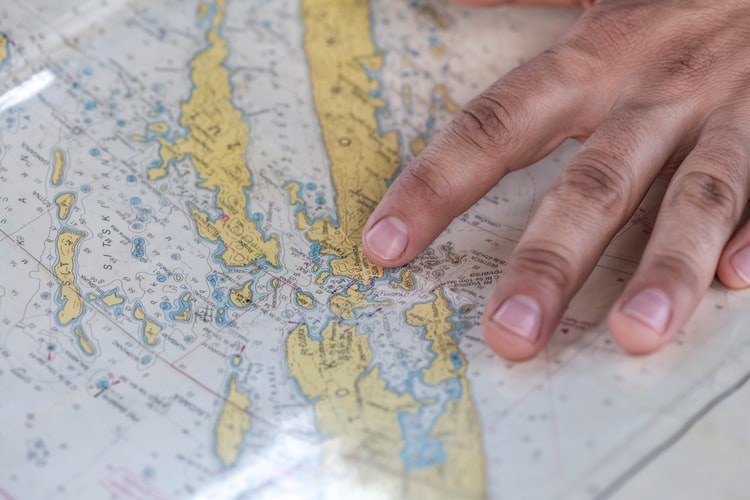
But looking at it from a near-future point of view, will the digitization of the maritime industry have repercussions in terms of the definition of the role?
Will seamen need to re-train to gain new skills such as computer programming or coding? From Professor Max Johns' study:
"If companies with a legacy of seafarers in well-established roles consider a disruptive approach, they will have to redefine roles, communicate, train and re-train their employees. They will also have to carefully compare the commercial viability of technically disruptive projects."
What we think about technology in the maritime industry
As a maritime recruitment and crewing system software solution, Martide embraces the use of technology to make life easier.
We developed our Software as a Service to help small to medium sized shipowners, crew managers, recruitment officers and manning agents fill their vacant seafarer jobs and plan their crew changes more quickly and efficiently.
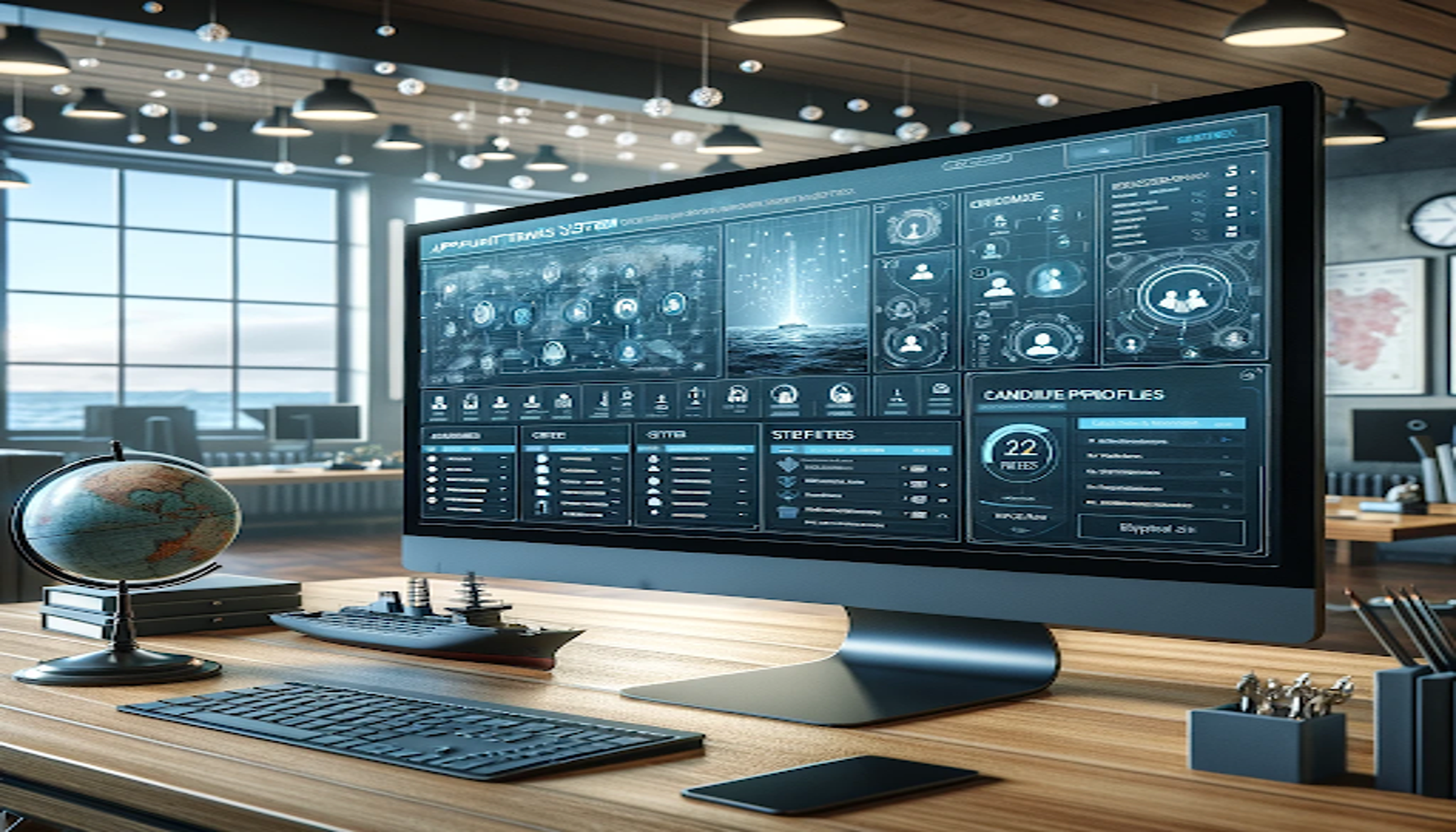
Like Professor Max Johns, we believe that tools that enable digital transformation within the maritime industry should not be seen as a threat, but as devices that can support processes, systems, vessels and, yes, seafarers too, in order to increase efficiency and cost effectiveness.
“A strong digital foundation across the organization... to attract the right digital talent in shipping to help keep the business growing and running more efficiently”
The maritime industry is still in the early stages of digital transformation, but it is clear that digital technologies will have a major impact on the industry in the years to come.
How Martide can help your company streamline and grow
Martide's integrated software solution has been designed and created for shipping companies and manning agencies who want to hire qualified seafarers with a minimum of fuss.
We understand that some ranks are harder to fill than others and that illness and personal reasons can suddenly mean that a seafarer who was due to embark in a week's time might no be able to.
That's where we can help. Our global database of seafarers and integration with travel agencies and port agents means that you'll have less stress when it comes to sourcing crew and getting them onboard - even at short notice.
Even better, our platform works seamlessly with all known existing crew and recruitment systems and is secure and scalable.
Think of it as an Applicant Tracking System - and more.
It boasts time saving features such as filtering to ensure you only see the seafarers in our database who match your requirements. You can manage interviews and negotiations through the software, and easily stay in touch with candidates and manning agents thanks to the messaging function.
Want to know more about how we can help you fill your empty jobs at sea in plenty of time for your crew change over dates? Get in touch with us to schedule your no-obligation demo now.
This post was originally published on November 8th 2019 and updated on May 22nd 2023.

Sam Hamilton
Sam is the founder, Managing Director and CTO of Martide and the brains behind our maritime recruitment and crew planning system. An occasional contributor to the Martide blog, thanks to his many years of experience focusing on the technological aspects of logistics, Sam is more often found working on ways to make Martide the best crew management software on the market!
